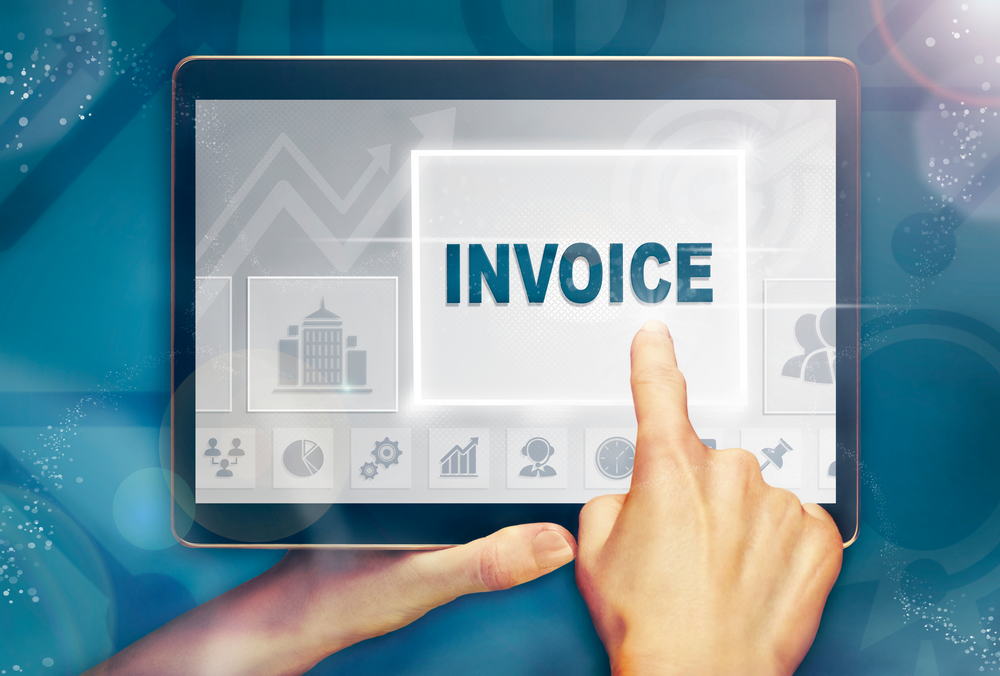What Do Outstanding Invoices Represent to Your Company?

From a strictly literal point of view, unpaid invoices are documents representing debt. Your company issues an invoice to establish the fact that one of your customers owes you money. It is pretty straightforward if you and your management team think solely in terms of an invoice’s literal meaning. But could it be that outstanding invoices represent more than just money owed?
Money is the fuel that powers business. After all, you need to spend money to make it. The more you make, the more you can put back into your business. You can spend more to make even more on top of it. That takes us back to invoices. When they go unpaid, they interfere with your company’s ability to collect and spend.
We offer a service known as invoice factoring. It is also known as invoice finance and debt factoring. Invoice factoring in Utah is big business. It helps companies like yours better manage their finances while giving companies like ours the ability to pursue our own business goals.
Invoices Are Assets
If you take the strict, literal approach to outstanding invoices, you may see them as liabilities. An invoice doesn’t do you any good as long as it remains unpaid. But from a legal standpoint, invoices are actually assets. They are assets in the same sense as securities, leases, etc. And because they are assets, they can be legally bought and sold.
Knowing this, unpaid invoices can represent a lot more than just bills waiting to be paid. They might also represent the door to future expansion. Perhaps you and your management team have plans to open a second location on the other side of the county. You will borrow some and finance the rest with cash. But to raise that cash, you need your customers to pay their invoices on time.
Invoices Represent Payroll
Maybe your company isn’t looking to expand. Still, those unpaid invoices do not just represent money owed. They represent payroll, too. You need cash to pay your employees. They don’t take credit cards or IOUs. They do take direct deposits and paper checks. In either case, you need cash to cover payroll.
Unpaid invoices represent your ability to pay employees on an ongoing basis. If your customers do not pay on time, you could run into trouble. Indeed, we work with clients who sometimes turn to invoice factoring to meet payroll expenses in the short term.
Invoices Represent Customer Relationships
Let’s take money out of the equation for just a minute. Invoices represent relationships you have with your customers. They represent the fact that you provided a service and your customers availed themselves of that service. You have built those relationships on identifying a need and meeting it.
Unfortunately, business relationships can be irreparably damaged when invoices go unpaid. But the opposite is also true. Long term business relationships grow stronger with every deal that is transacted and paid for. You provide quality service, and your customer pays its invoice on time. You both win. Your relationship is made stronger as a result.
How You Manage Them Matters
All of this is to say that how your company manages outstanding invoices matters. If you are not sure what that means, check out one of our previous blog posts that discusses managing invoices rather than collecting them. Approaching invoices with a management mindset changes everything.
Whether you take advantage of invoice factoring or not, how you approach invoicing plays a crucial role on how you run your business. Are your invoices just documents representing money owed? Or do they represent something more?